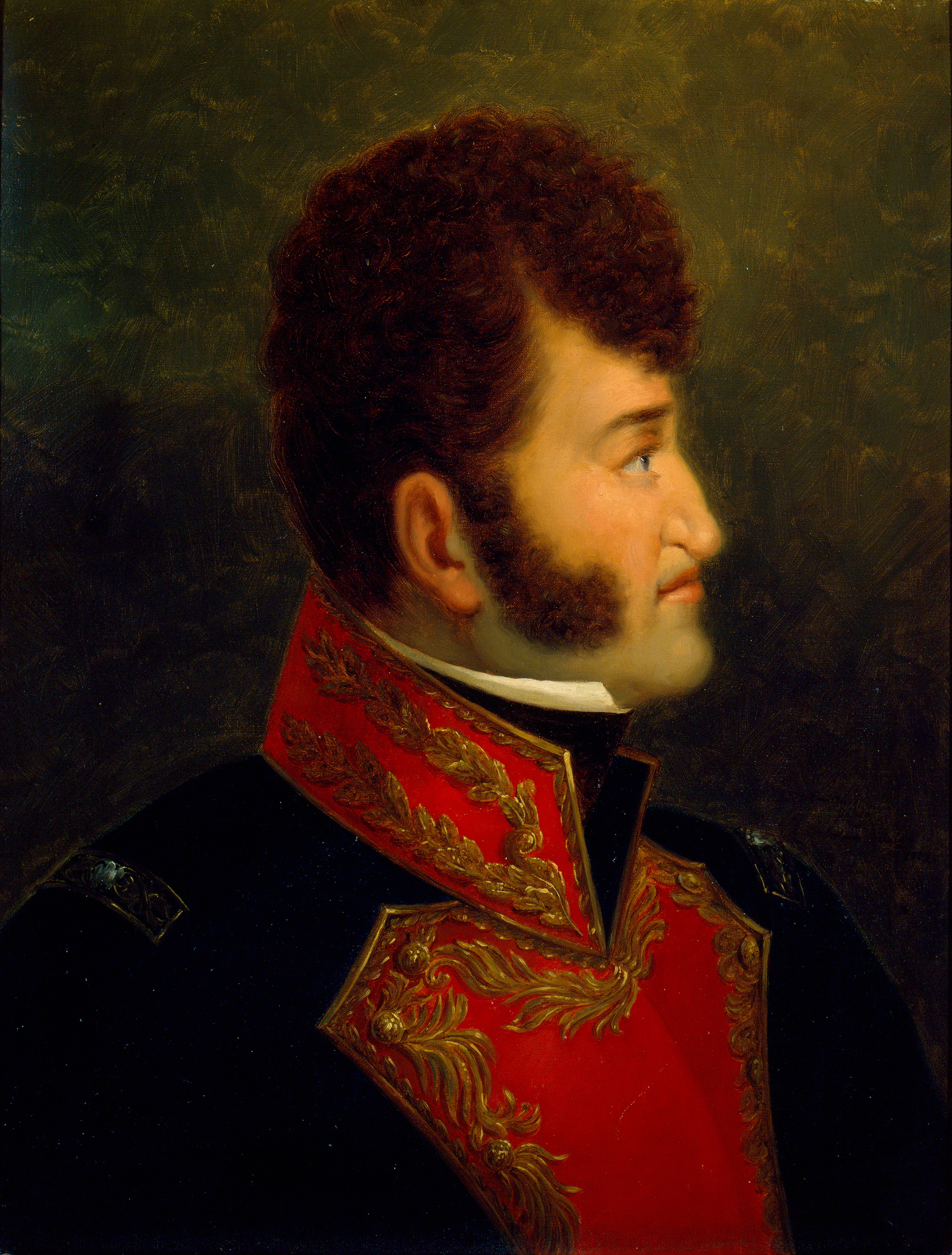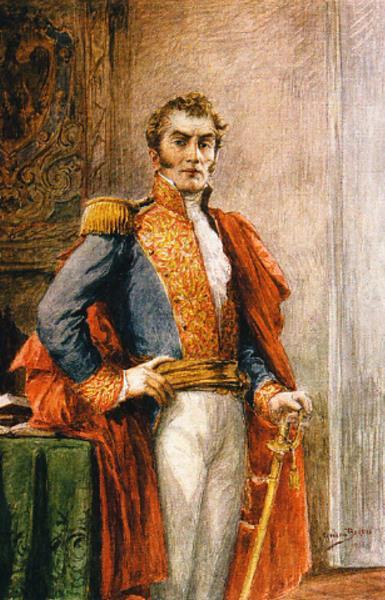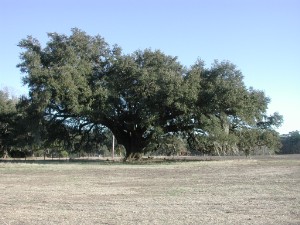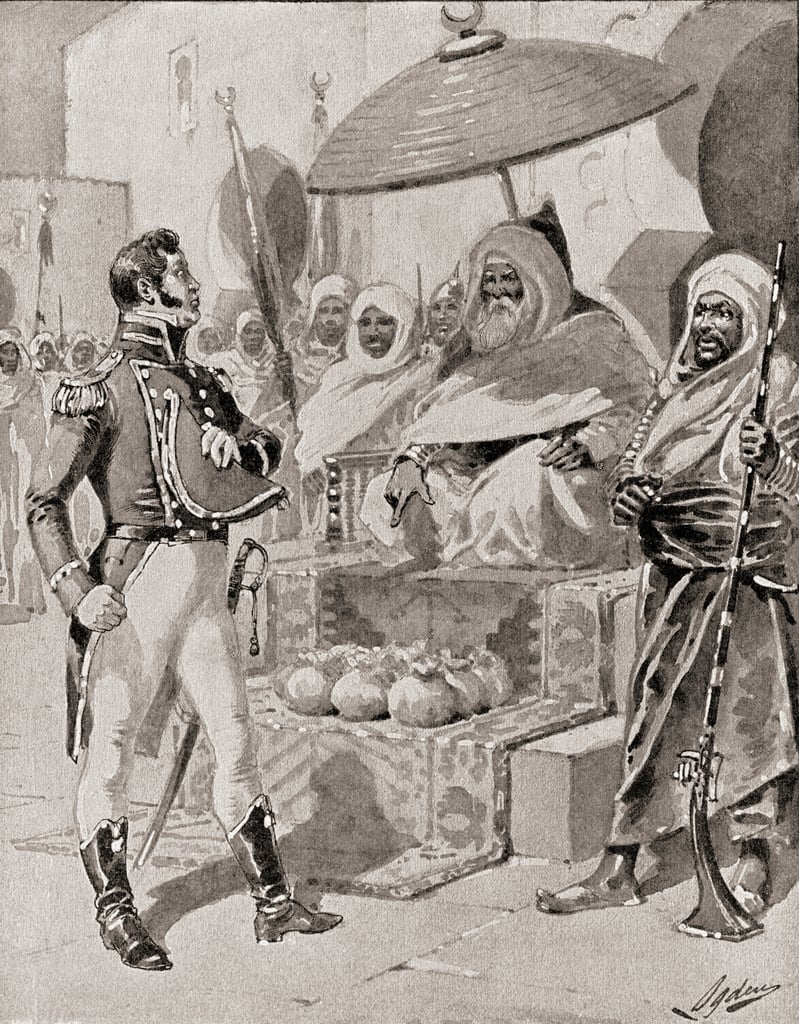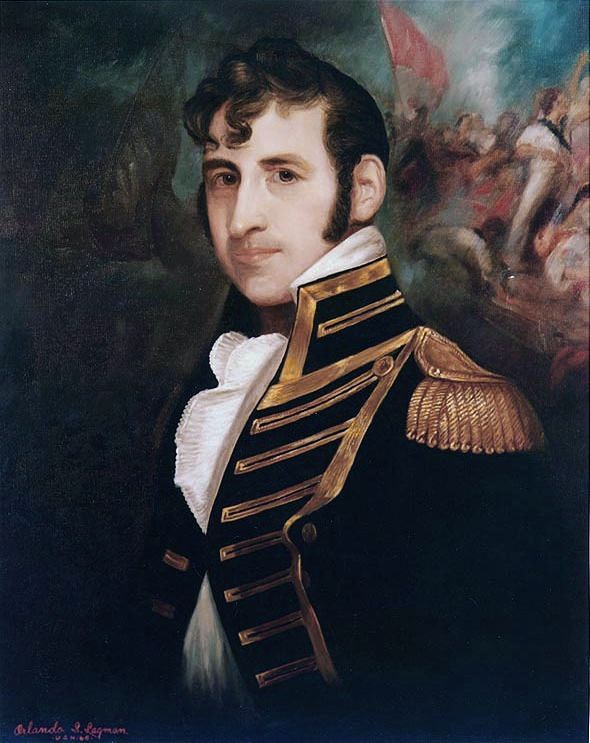Glen
Moderator
A little unfair on Iturbide in my opinion. When Mexico declared independence, the strongest faction wanted recognition in Europe by seeking a European royal to take the throne. Iturbide, as leader of the rebellion, was tasked with finding a suitable candidate. However, everyone offered immediately refused, not wanting to associate themselves with a rebel nation and the wrath of the Spanish and their allies, not to mention having to leave Europe and European politics and luxury. With no options, Iturbide still had to appoint an Emperor, and had to have himself crowned as his supporters weren't willing to accept a republic (at this point). The problem was the other factions quickly became unhappy, and Iturbide became a lame duck, having to compromise all of his views to keep other groups happy, and consequently pleasing nobody and seeming unable to impose his will (because he never chose to). His total failure also effectively ended support for a monarchy, the rebels believing Iturbide to be proof that Mexico couldn't be run as an Empire. Thus, his own faction turned against him and he was overthrown after a year. Iturbide simply was a man in the wrong place at the wrong time, and too proud to realise he was being forced into an unwinnable situation and fall on his sword rather than let his reputation be put to the sword instead.
Of course, with a different Mexican rebellion a more stable government might arise anyway.
You are correct about the difficulty finding a European royal for the throne.
For the rest, you might be being a bit too charitable....
